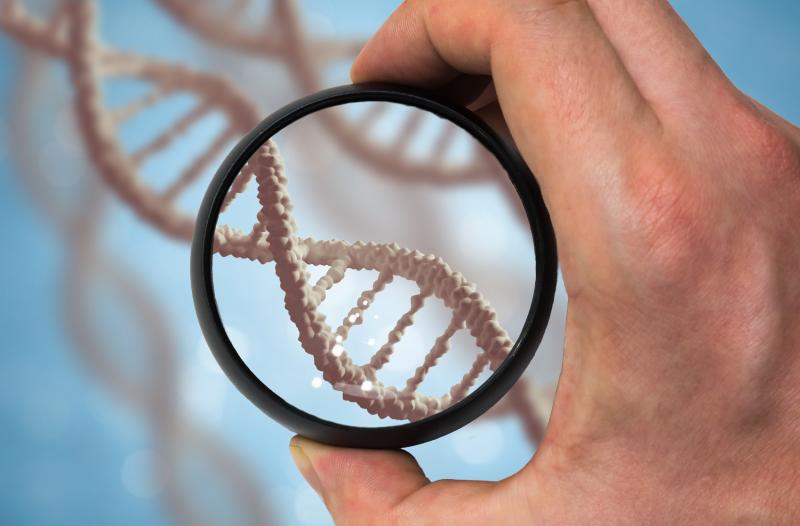 A gene, CDH13 has been found to have a strong effect in causing ASD.
A gene, CDH13 has been found to have a strong effect in causing ASD.Gene sequencing may help in the diagnosis of malformations of cortical development (MCD), a recent study has found.
The study included 81 patients with MCD, from whom peripheral blood samples were drawn and subjected to genomic DNA isolation. Targeted next-generation sequencing was performed to evaluate 96 genes of interest. Single-nucleotide variants, as well as exonic and chromosomal copy number alterations, were included in the analysis.
The overall diagnostic yield was 23.5 percent (n=19). Fourteen patients (17.3 percent) were found to have a pathogenic or a likely-pathogenic single-nucleotide variant. These were found on the DCX, DEPDC5, PAFAH1B1, TUBA1A, TUBA8, TUBB2B and TUBB3 genes. An additional five patients had pathogenic copy number variants.
Yield varied greatly across different MCD subtypes. For example, 80 percent of patients with subcortical band heterotopia were found to have pathogenic variants, as were 72.7 percent of those with lissencephaly. In contrast, gene sequencing found no pathological variants in patients with schizencephaly, focal subcortical heterotopia or hemimegalencephaly.
Conversely, those who tested positive for germline abnormalities were significantly more likely to have intellectual disabilities (p=0.048). They also more frequently had multifocal diseases (p<0.001) and concurrent involvement of multiple structures (p=0.003).
“Our findings point out the genetic heterogeneity of MCDs and suggest that targeted gene panel sequencing in peripheral blood cells could be an efficient diagnostic tool for some patients with MCDs,” said researchers.